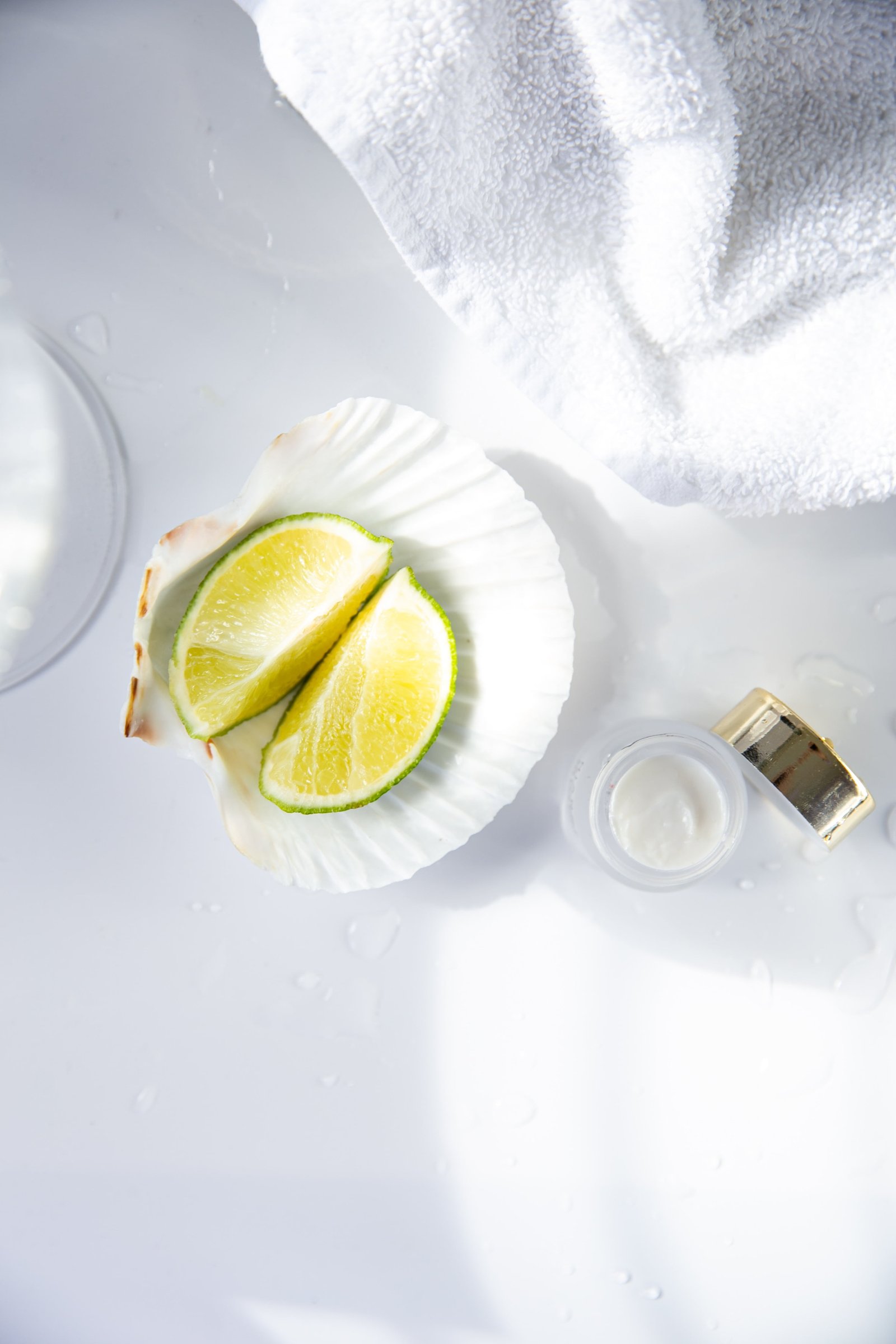Using a powerful antioxidant is one of the most important things we can do for the longevity of our skin, alongside using a protective sunscreen (SPF 30 or higher).
Vitamin C has been the darling in the skincare industry for years for its potent abilities to protect the skin against free-radical damage. Free radicals are all around us and can induce cellular breakdown (including collagen and elastin) and hyperpigmentation.
In rare instances, we need free radicals, since they contribute to the heart being able to pump more blood in stress-filled situations. But in most cases, to keep our skin clear and youthful, we want to reduce our free-radical exposure as much as possible inside and out.
A new ingredient that’s more potent than Vitamin C
Do you know what gives shrimp, wild salmon, and flamingos their pinkish color? Astaxanthin (pronounced ast-ah-zan-thin) is the carotenoid pigment that makes this possible.
Astaxanthin is naturally sourced from microalgae, and in a clinical study, Astaxanthin proved to be 6,000 times stronger than Vitamin C, 800 times stronger than CoQ10, 550 times stronger than green tea catechins and 75 times stronger than alpha lipoic acid.
Just like how Vitamin C has natural properties that brighten skin, astaxanthin also does the same, and increases cellular turnover and skin elasticity – except its been proven to be 6,000 times more powerful.
Does that spark your curiosity? Here are more reasons why we need to keep a look out for this potent skin active.
It naturally protects the skin from the sun
While it does not shield or absorb UV light, astaxanthin exerts powerful anti-oxidative ability by scavenging free radicals, which was proven by another clinical study with Japanese participants. Just like Vitamin C, it can help prevent UV-induced photo-aging of the skin. Not only can it protect the skin from hyperpigmentation, it can also help improve skin barrier function, moisture, and texture (based on this same study).
This doesn’t imply that we should forget about applying SPF (30 or above) when we’re under the sun, but it does mean we have another powerful active in our arsenal that could help us battle daily skin-stressors.
It can help reduce breakouts
A study published in The Journal of Clinical and Aesthetic Dermatology showed that not only do free-radicals cause photo-aging, they can cause inflammation in the skin, which blocks pores and leads to pimples.
If free radicals are messing with our skin, then antioxidants like Astaxanthin may help reduce acne breakouts, since they neutralize free radicals and help repair skin.
But free-radicals are just one factor behind inflammatory breakouts, to heal from acne holistically and effectively, I highly recommend the free course – which goes through key acne triggers.
It has other health benefits for longevity
While our skin is our largest organ, other parts of our body deserve some TLC too!
Astaxanthin also supports eye health because it has the unique ability to cross through barriers and reach your retina. Clinical trials have shown that astaxanthin helps diabetic retinopathy, macular degeneration, eye strain and fatigue and seeing in fine detail.
There have been other studies on how astaxanthin can help improve physical endurance, as well as reduce fatigue after exercise.
Because of its strong antioxidant properties, there has been research on how astaxanthin might help treat various cancers. However, a lot more research still needs to be done in this area.
Why i’m still open to vitamin c formulations
While it’s true that Astaxanthin is more stable and potent in skincare formulations than Vitamin C, it’s still a relatively new ingredient that’s rather difficult to find. I recommend taking Astaxanthin as a supplement sourced from microalgae. Few skincare companies that offer this ingredient have yet to disclose how it’s sourced, so customers can avoid synthetic versions of it.
Due to the popularity of Vitamin C, it’s often used in formulas with other effective skin actives, giving you a wider range of skin benefits. There’s far more choice, and with greater choice comes more customization.
However, we need to keep our eyes open, and see that there are plenty of antioxidants (in addition to Astaxanthin) that are more powerful than Vitamin C, like CoQ10, green tea catechins, and alpha lipoic acid. Perhaps they’re just not as well known or advertised. More awareness makes us more powerful in our daily skincare choices.
Photo by Birgith Roosipuu on Unsplash

Leave a Reply